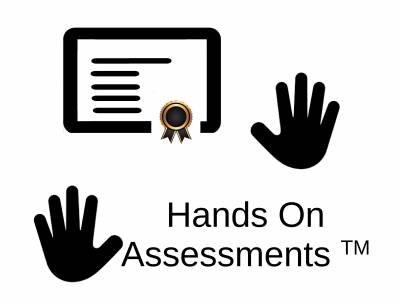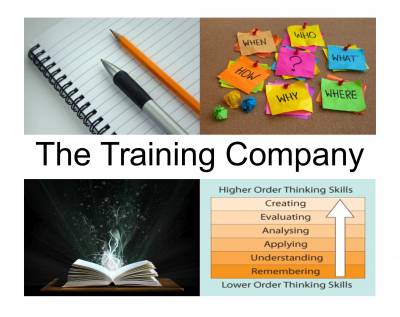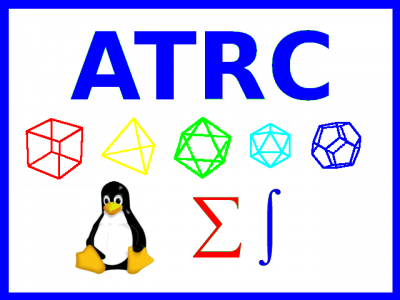Terms for registration for assessment and assessment terms.
When a person registers for an exam or assessment, they agree to make sure that all info provided is true to the best of their knowledge and you agree to be held accountable to the maximum extent of the law for any charges, fees and fines in case the information submitted is found to be incorrect or fradulent.
Some types of behavior which can be considered to be cheating and/or fradulent behavior is mentioned below.
Collusion involves unpermitted or illegitimate cooperation between more than one student to complete work that is then submitted for assessment.
Social media
Using the internet or social media as a platform for inappropriately sharing information is academic misconduct. Even if you don't know, or have no contact with, the people providing or accessing this information, the sharing of resources online and via social media platforms is also subject to the regulations regarding plagiarism and collusion. This includes any sharing of information via a website, app, or other electronic platform that is owned, operated, administered, or hosted by the student, or otherwise within the student's control.
Cheating in exams and assessments.
Cheating in an exam, either by copying from other students or by using unauthorised notes or aids, or deliberately attempting to subvert the testing or assessment procedure in any way in an attempt to gain an advantage is academic misconduct.
Misrepresentation is any act or omission that is intented to deceive an instructor for academic advantage.
Misrepresentation includes lying to an instructor in an attempt to increase your grade, or lying to an instructor when confronted with allegations of academic dishonesty.
Conspiracy means working together with one or more persons to commit or attempt to commit academic dishonesty.
Fabrication is the use of invented or misrepresentative information. Fabrication most often occurs in the sciences, when students create or alter experimental data. Listing a source in your works cited that you did not actually use in your research is also fabrication.
A duplicate submission means a student submits the same paper for two different classes. If a student submits the same paper for two different classes within the same semester, the student must have the permission of both instructors. If a student submits the same paper for two different classes in different semesters, the student must have the permission of their current instructor.
Academic misconduct is the violation of the institution’s policies by tampering with grades or by obtaining and/or distributing any part of a test or assignment. For example:
Obtaining a copy of a test before the test is admisistered.
Distributing, either for money or for free, a test before it is administered.
Encouraging others to obtain a copy of a test before the test is administered.
Changing grades in a gradebook, on a computer, or on an assignment.
Continuing to work on a test after time is called.
Improper computer/calculator use includes:
Unauthorized use of computer or calculator programs.
Unauthorized use of search engines and AI systems.
Selling or giving away information stored on a computer or calculator which will be submitted for a grade.
Sharing test or assignment answers on a calculator or computer.
Improper online, teleweb, and blended course use includes:
Accepting or providing outside help on online assignments or tests.
Obtaining test materials or questions before the test is administered.
Disruptive behavior is any behavior that interfers with the teaching/learning process. Disruptive bahavior includes:
Disrespecting a professor or another student, in class or online.
Talking, texting, or viewing material unrelated to the course during a lecture.
Failing to silence your cell phone during class.
Posting inappropriate material or material unrealted to the course on discussion boards.


